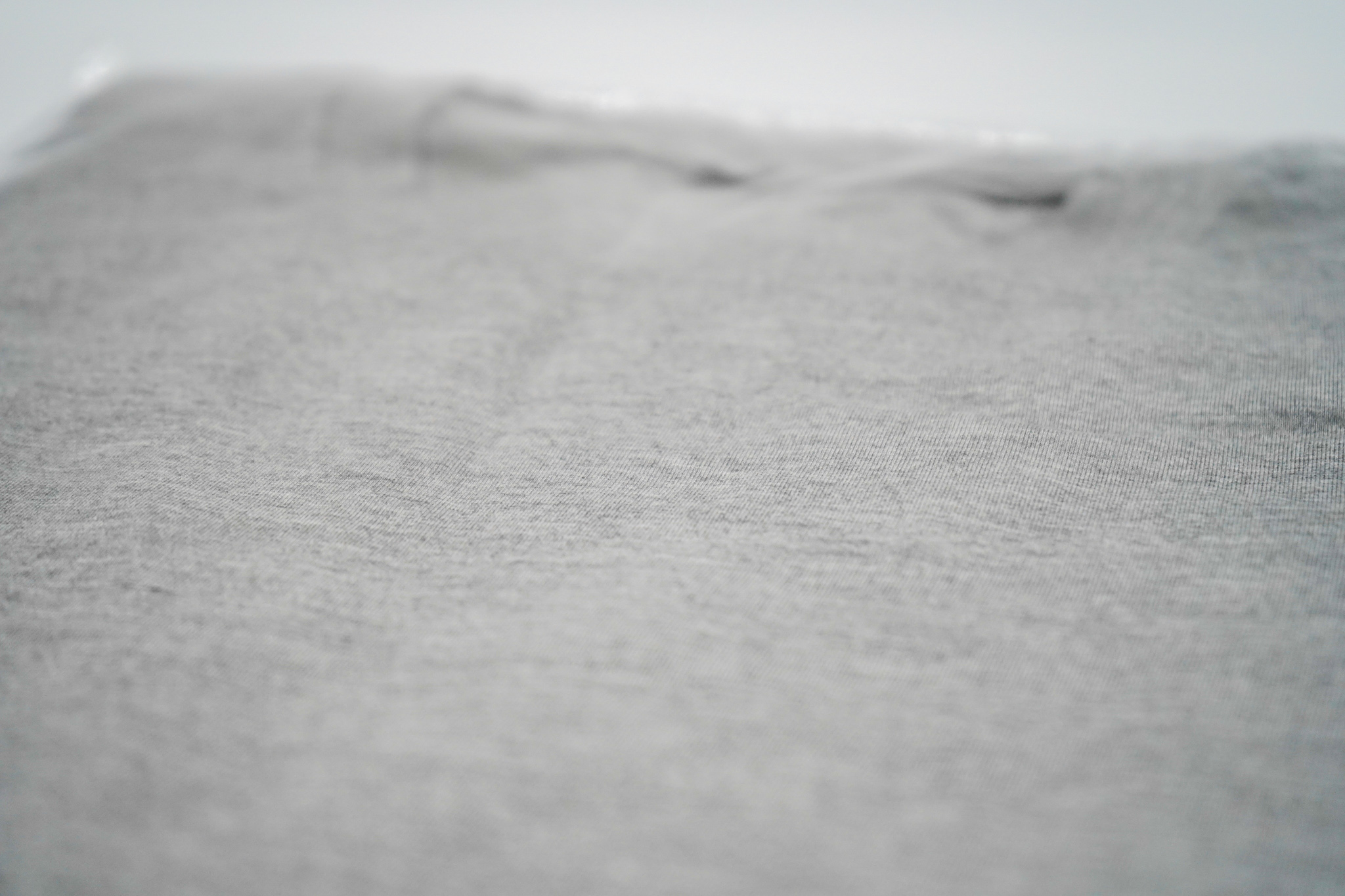Shopping for new clothes can get overwhelming as you attempt to compare brands, price tags, and quality. While it can be tempting to opt for cheaper alternatives, investing in high-quality clothing includes more benefits than you may initially know.
Beyond the visual, more obvious advantages of higher-quality clothing, it turns out these investments are the better financial decision, too. Here are 5 of the main benefits of opting for quality t-shirts.
Better, more comfortable materials
In large part, investing in great t-shirts is all about investing in the material from which they are made. While fabric may not seem like a priority at first, it’s important in determining things like the comfort and durability of your piece. Hypoallergenic bamboo fabric provides an incredibly soft feel, eliminating the concern for rough textures that can cause itchiness and irritation.
Comfort in clothing is not only about how the fabric feels on your skin, but also about how it makes you feel. Bamboo t-shirts feature added benefits like sweat-wicking and natural antimicrobial traits, leaving you confident to move about your day.
Thoughtful Design
No matter the kind of apparel, great design is what makes for a flattering piece. A good fit can instantly elevate a simple article of clothing, and investing in a few reliable t-shirts can guarantee you that perk. Well thought-out and intentional design touches can make all of the difference in the shirt that you deserve.
They retain their quality for far longer
It’s no wonder we grow so attached to clothing that makes us look and feel good. By finding and investing in truly high-quality staples, we know they will be around for years to come.
A quick wash or dry cycle shouldn’t be able to fade, shrink, or ruin your favorite t-shirt. Quality fabrics make it possible to eliminate these concerns, leaving your clothes looking just as new as when you first got them.
Reduce waste in the environment
Naturally, a higher lifespan for your clothes means a significant decrease in the amount of times they need to be replaced. Instead of wasting both the resources used to make the old t-shirt and the ones necessary for its replacement, you get to keep your reliable staples right where they belong – in your closet!
Lower price per wear
Sure – you may be paying a lower price upfront, but cheaper clothing alternatives have a generally significantly higher cost.
Factors like the lifespan, the “maintenance” needs, and “replacement fees” of a low-priced t-shirt, for example, quickly add up to match or exceed the initial investment of a high-quality piece.
At the end of the day, a small investment in a reliable t-shirt is a far more effective way to spend your money, stress-free!
So, yes – ultimately, a higher-price tag can translate to lower cost, a classic, stylish wardrobe, and a happier environment. What are you waiting for?


